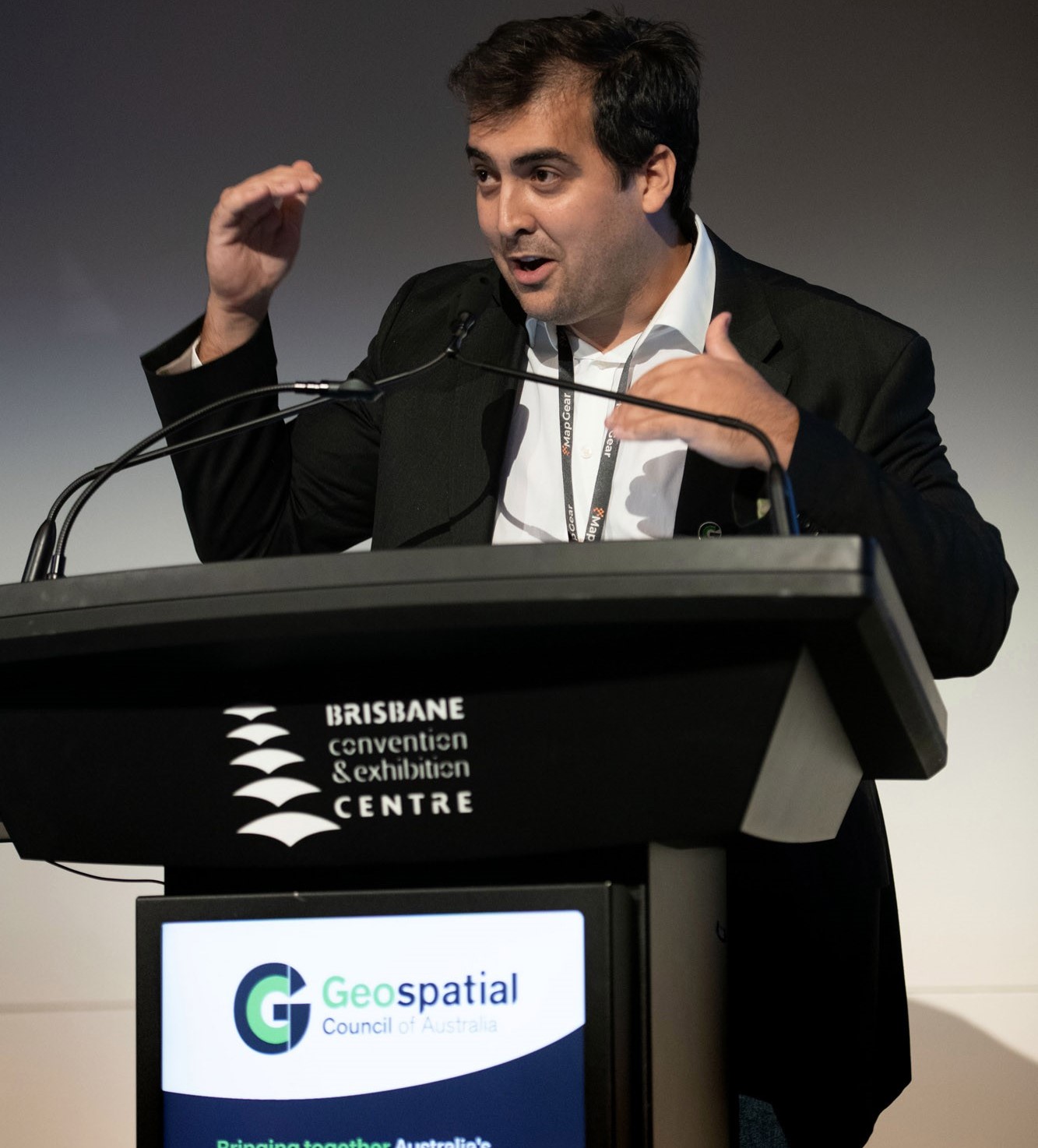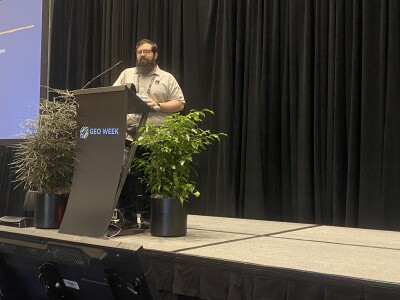By the year 2050, more than 68% of the world's population will live in cities, so governments around the world are exploring ideas to make cities smarter and more liveable. The city state of Singapore covers an area of just 718km² with the current population of 5.5 million expected to increase, Singapore’s government has proactively launched its Smart Nation agenda to ensure that the quality of life for residents is not only improved, but also maintained in the future.
Singapore has emerged as a world leader in smart city initiatives, started in 2014. Singapore’s strategy has been the development of a highly accurate, 3D digital map of the country to support key functions such as urban planning. To become truly “smart”, cities need to sense and respond to the needs of their inhabitants, and that ambition starts with networked sensor data powered by the Internet of Things (IoT) enable remote data collection, which can then be analysed by city planners to gain insights to address a diverse range of issues.
Technology is fundamentally changing the way cities work. Investments in technology and infrastructure in connectivity have allowed nations to move quickly to develop, capitalize on and integrate strategic plans to build smart cities with the power of the digital future. So, Singapore is building a robust communications network that can provide a personalized and connected experience to Singaporeans.
Thinking about future
Singapore's government leaders aim at economic development and the means that will lead the country into the future. For urban development, resilience, and sustainability through planning policies for the future are characterized by vitality, self-sufficiency, and connectivity.
Governments around the world are releasing strategic plans to build smart cities that harness the power of the digital future. The government of Singapore has invested millions to transform various sectors of the economy and build broad ecosystems of partners to explore and implement complex initiatives on the policy and infrastructure path to transforming itself into a smart nation.
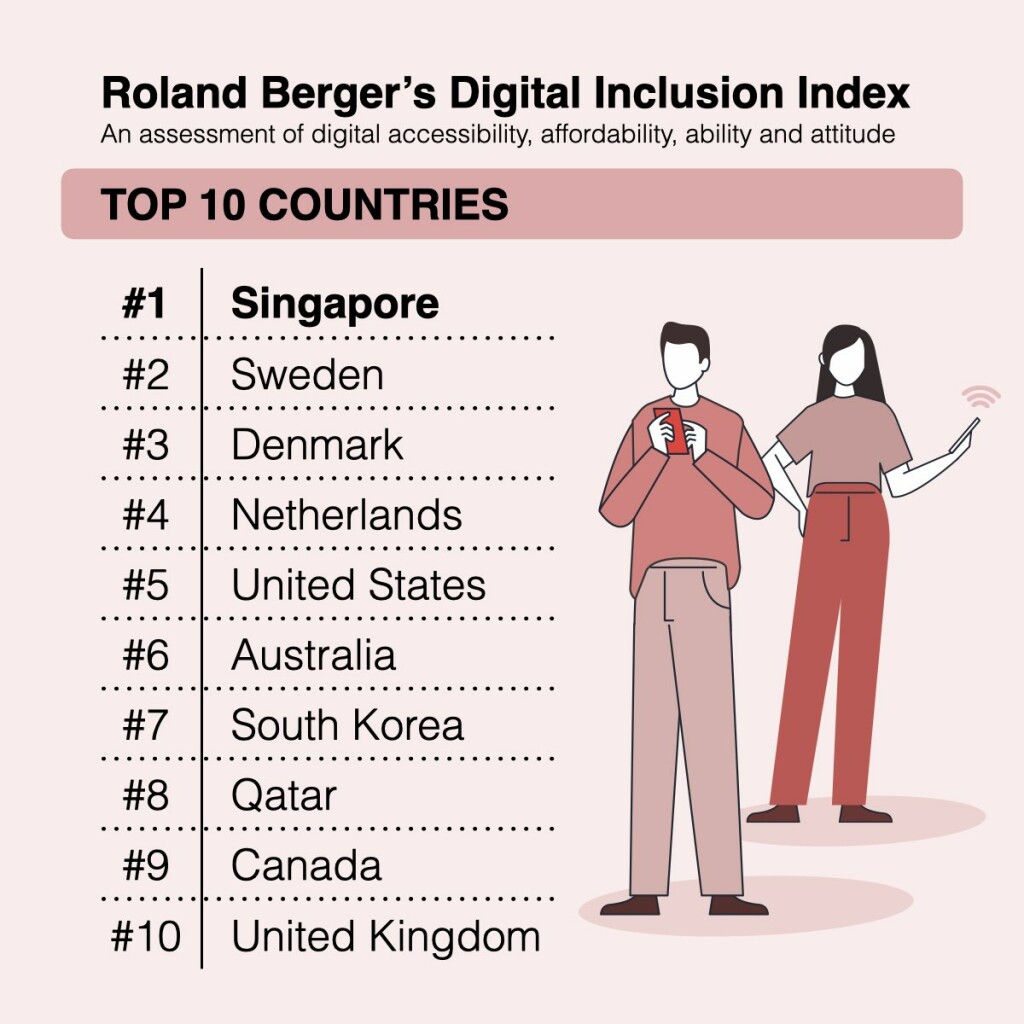
Singapore targets the communications network infrastructure to ensure it is integrated and interoperable. These key qualities will accelerate Singapore's journey towards flexible smart economy networks that are adaptable to changing socio-economic objectives.
With self-understanding data access, the ability to adopt new technologies, innovation iterations to the network to be able to assimilate and integrate new automated applications. A successful smart nation depends on multiple systems working together, feeding endless streams of information to an array of sensors and applications.
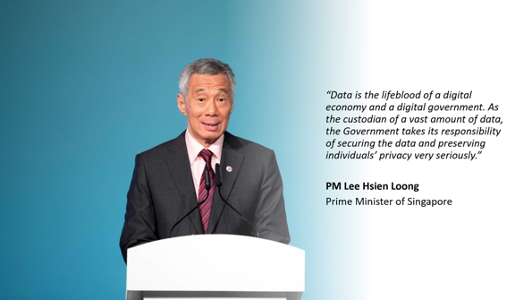
Singapore is using geospatial technologies that help maximize the use of land resources with high resolution 3D national topographic spatial development national 3D map project, to ensure the model is interoperable and future-proof. Virtual Singapore is a collaborative data platform that will integrate communication between government, industry, and public stakeholders.
Users from different industries develop sophisticated tools and applications to be incorporated into planning and decision-making. With a data-rich environment, Virtual Singapore is a holistic and integrated platform for developing analytic applications to dynamic maps of three-dimensional (3D) city models to solve emerging and complex challenges for Singapore.
Why do this change?
Nations globally are facing megatrends about future socio-economic development issues. Achieving this desirable future depends on futuristic thinking to assess the challenges of growth in the face of the requirements to transform nations in a sustainable way.
Digital infrastructure for sustainable development so that stakeholders begin to understand the benefits of digitization to improve people's living standards and drive nations' economic development. Incorporating advanced technologies such as artificial intelligence (AI), big data, blockchain, Internet of Things, robots and virtual reality in all sectors and social activities to achieve economic development.

A New Economic Geography
With the power of Artificial Intelligence (AI) it strengthens to better understand how residents, their families and the community are using various facilities from each location. With this knowledge, it is better to work with planning and construction of facilities that best meet the needs of residents. Smart urban infrastructure industries invest in digital infrastructure and engineering resources, as well as drive an innovative culture digital transformation journey.
Developed in the field of New Economic Geography, Singapore to achieve the status of a regional hub for Information and Communication Technology (ICT) goods and services. To increase economic integration on the changing role of Singapore in the region's forecasts for the emerging industrial distribution of ICT to the rest of the region.
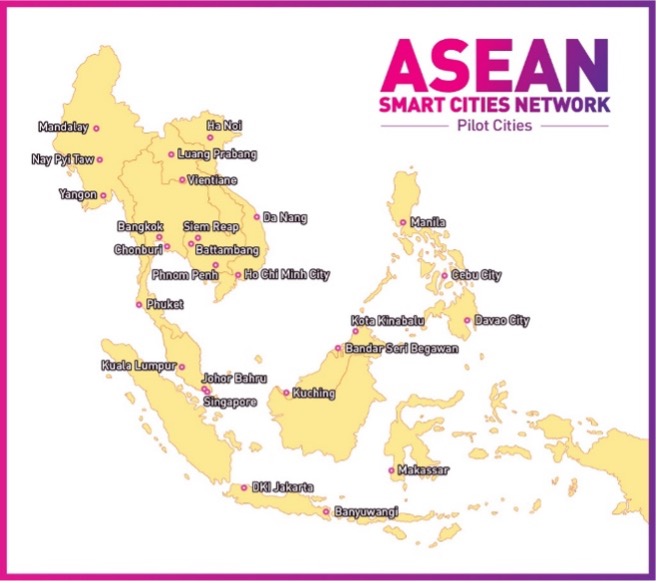 As the digital capital of Asia, Singapore is the preferred base for Information and Communication Technology (ICT) companies. The physical ICT infrastructure will be centred around the interactive broadband and multimedia industry (IBBMM) and wireless mobile network for academics, researchers and public and private sector participants.
As the digital capital of Asia, Singapore is the preferred base for Information and Communication Technology (ICT) companies. The physical ICT infrastructure will be centred around the interactive broadband and multimedia industry (IBBMM) and wireless mobile network for academics, researchers and public and private sector participants.
The government intends to increase its competitiveness by starting the development and growth of an interactive ICT infrastructure that will be centred on the IBBMM and the wireless mobile network.
The changing role of the central business district in the digital era: the future of Singapore’s new financial district
Conventional central business districts are being deconstructed and restructured in content and function to meet the challenges of the digital age of globalized business relationships. To face the challenges of the new urban world, cost processes and infrastructure investment.
ICTs are focused on improving conditions to improve the quality and efficiency of work and enabling fast and inexpensive information flows for companies and individuals to operate from any location. ICTs help make markets work more efficiently, allowing consumers to seek the best price, and companies to get quotes from more suppliers. It also reduces transaction costs and barriers to entry.
As companies simultaneously increase their communication skills and sophistication globally, they need to formulate new strategies to increase their competitive advantage. ICT enables efficient decentralization of corporate activities by providing fast lines of communication and simplifying product design, processing, and analysis of business information about innovations.

Picture 5 - Singapore is already an important financial centre in Asian market flows
ICTs allow bringing different categories of work to a new way of integrating the corporate organizational network. Characterized by “dispersed, interdependent and specialized” capabilities. Form a decentralized pattern of reducing costs and achieving high levels of corporate profits.
Conclusion
Singapore is a state extremely keen to establish itself as a modern global city with a strong financial centre. Effectively from the efficient combination of production factors, including the application of science and technology to the management of the flow of information. Singapore's Globalizing Future Exploring Intensifying Global Integration: A Strong Singapore in the Global Network
Singapore is already an important financial centre in Asian dollar market flows. With this global economy, the productivity and profitability of companies located in your CBD will increase. The aim is to transform Singapore into a vibrant global ICT capital supported by a thriving Internet economy to raise standards and quality of life.
ICTs have remained and will continue to be an instrument for maintaining human needs. Facilitates decentralization, interaction, and trade, for Singapore an opportunity to step up global city-state integration towards stronger regional integration with its neighbours.
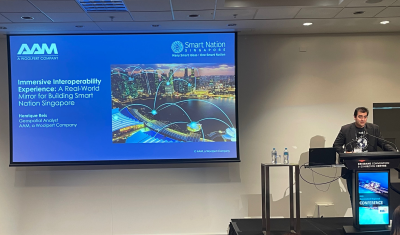 About the author: Henrique Reis is a 3D Geospatial Analyst at AAM, a Woolpert company. Henrique admires open and efficient information networks, capable of responding to the demands of the information age and adaptable to the efficiency needs of the target audience in a holistic platform integrated with three-dimensional (3D) cities.
About the author: Henrique Reis is a 3D Geospatial Analyst at AAM, a Woolpert company. Henrique admires open and efficient information networks, capable of responding to the demands of the information age and adaptable to the efficiency needs of the target audience in a holistic platform integrated with three-dimensional (3D) cities.

